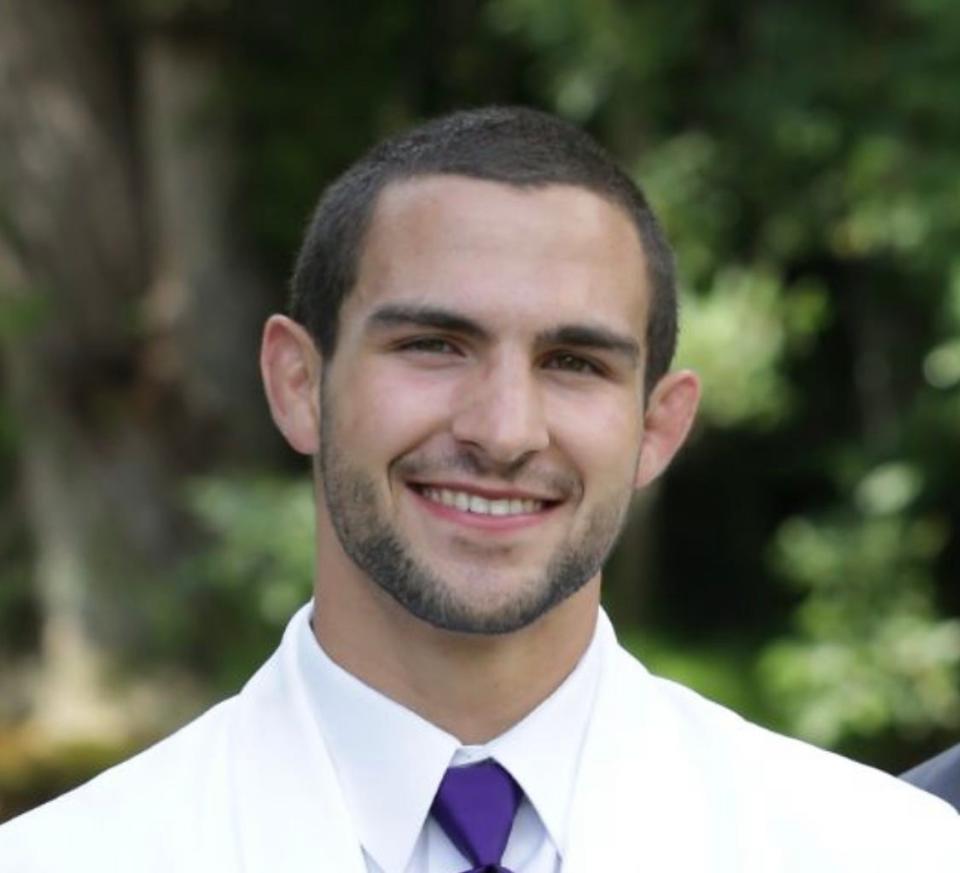Educating healthcare workers about a prescription of drug that reduces alcohol cravings
Educating health care workers about a drug that reduces alcohol cravings increases the likelihood that patients with alcohol use disorder will be prescribed the drug, new University of Missouri research finds.
The research was conducted by Jason Ipsarides, a doctoral student in the Sinclair School of Nursing at MU.
"Education Intervention to Increase Naltrexone Use Among Adult Inpatients with Alcohol Use Disorder" was published in the Journal of Psychosocial Nursing and Mental Health Services.

The drug can reduce heavy drinking by 83%, but it's underutilized, Ipsarides said.
The study was conducted with at an inpatient psychiatric center in Wisconsin where patients are treated with alcohol detoxification, he said.
Before the staff was educated about the efficacy of naltrexone, 36% of patients received a prescription for it. After doctors, nurses, social workers and other staff were educated about the drug, 40% of patients received a prescription.
It's not a statistically significant increase, but any increase is an improvement, he said.
"We need a larger sample" and more time, Ipsarides said.
Relapse is a common problem with alcohol use syndrome, Ipsarides said.
"Alcohol is the only drug where you can die from withdrawal," he said.
Healthcare personnel can become demoralized by seeing the same patients return many times, he said.
"People are admitted for alcohol detoxification and the next day or the next week, they're back in the emergency department," he said.
"It doesn't treat alcohol use disorder," Ipsarides said. "There's a pretty bleak outlook as far as effective treatment for it."
When patients receive the drug, facilities experience a decrease in their readmission rates, Ipsarides said, citing previous research.
Alcohol is legal and it's estimated that 12.7 percent of the population has alcohol use disorder, he said.
It's the seventh-leading cause of death, with high rates of mortality and injury and economic consequences, too, Ipsarides said.
What about the term, alcohol use disorder? It's a term that has replaced alcoholism and alcohol abuse, Ipsarides said. It indicates that it is more a mental health disorder than linked exclusively to an individual's behavior.
Naltrexone is generic and fairly inexpensive, but there can be an issue with it being available at all pharmacies, he said.
It is FDA-approved.
"It doesn't replace AA or group therapy," Ipsarides said, referring to Alcoholics Anonymous, adding that the drug can be a useful supplement to them.
Ipsarides is studying to be a nurse practitioner and he said it shows that nurse practitioners also can contribute to valuable research.
Roger McKinney is the Tribune's education reporter. You can reach him at rmckinney@columbiatribune.com or 573-815-1719. He's on Twitter at @rmckinney9.
This article originally appeared on Columbia Daily Tribune: MU research cites increase in prescriptions after educating staff

